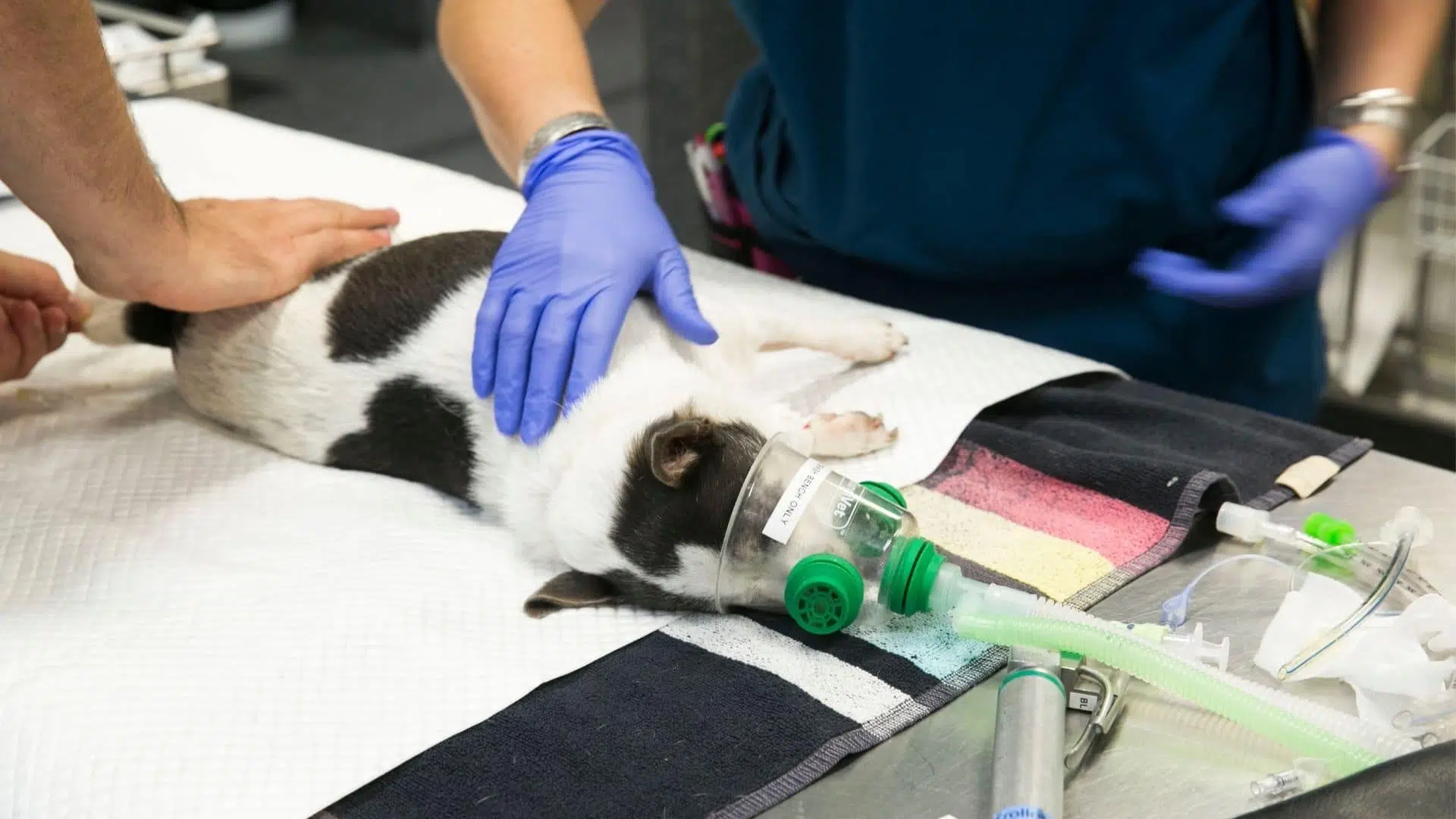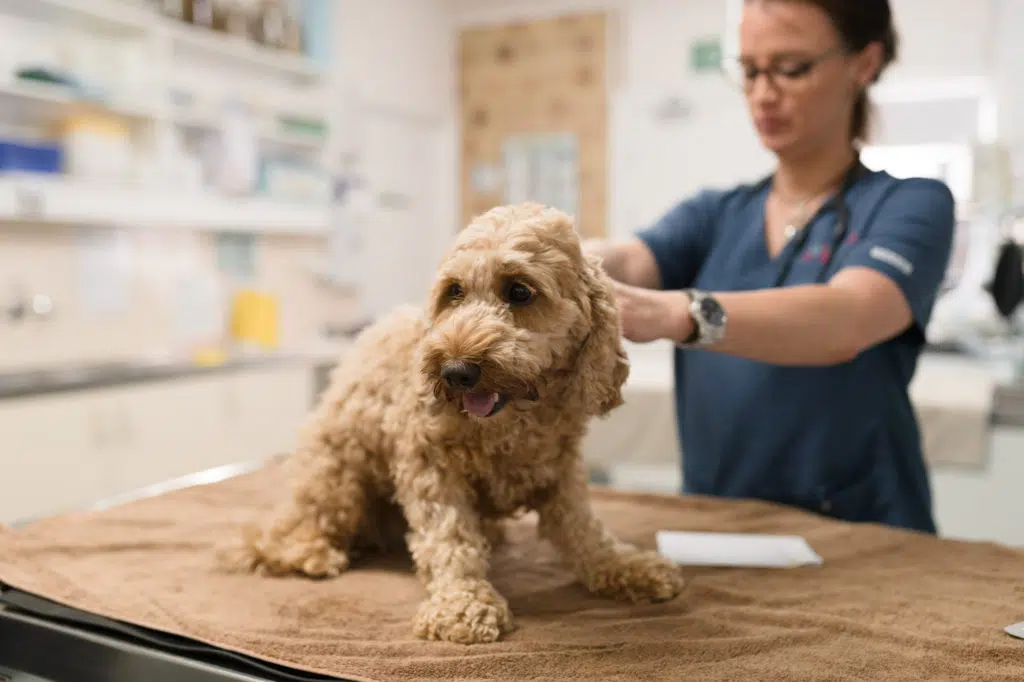Support for emergency nurses and vets that each veterinary professional needs varies greatly depending on their job, but what is common among all is the need for emotional support from their employers. And if you’re an emergency nurse or vet, then support from your team is a necessity. This support could come in many forms: flexible schedules, time off after an incident or more mental health support through resources like employee assistance programs (EAPs). The importance of this kind of support cannot be overstated; it’s essential to keep these heroes happy and healthy!
What support looks like for an emergency nurse and vet is largely dependent on what type of support they need. For some, support might be as simple as the reassurance that comes from being told “I’m proud to work with you” or hearing someone say how much they appreciate your help when it’s needed most. Other support may include having their workload cut so that they can take time off to recover without feeling guilty or experiencing undue stress in their lives outside of work (e.g., taking care of children).
Personal and professional support for emergency nurses and vets can come in many forms, and it’s important to talk about the support you or your loved one need. It might be difficult at first but when you get comfortable with talking through things that are hard, relief can follow soon after!
Valuable support for emergency nurses and vets includes:
Flexible scheduling
It can be difficult to find support when you work irregular hours, which is why flexible scheduling might just be the best support of all. You want to make sure that you are able to meet your personal commitments while still doing a good job at work and sometimes this means adjusting schedules as needed.
Time away from work
Sometimes a break can help to recharge your batteries, especially after an incident. This time off could take any form as long as it’s sufficient enough for an employee to feel refreshed again once they return. Whether this means going home early for the day or taking two days of personal leave per week, there should always be some moments where employees are able to step back and take care of themselves before returning in a full capacity.
Educational support
Support can come in the form of educational resources for new employees. A mentor or colleague who is willing to invest time and energy into helping you learn more about your workplace may be just what you need! You should also take advantage of opportunities that might arise from onsite classes, employee training programs, online training, conferences etc.
Professional development avenues
Professional development avenues that allow employees time off during their career without fear of being passed over due to lack of skills can be a great support. This could be anything from an online course on how to better manage difficult patients to attending a conference where there will be other opportunities for networking and professional growth outside of what’s available at home!
Mental health support including Employee Access Programs (EAPs)
An Employee Access Program is support that provides you with the resources and support to help improve your mental health. Whether it’s a therapist, psychiatrist, or medication assistance program these are vital supports for those who work in emergency vet medicine.
Supportive coworkers
Sometimes just knowing what someone else has gone through can be comforting enough when we’re feeling vulnerable about our own situation. Finding people around us who will allow us support without judgment makes all the difference! This type of support for emergency nurses and vets might mean looking to others who are facing the same challenges or finding someone you can talk through things with when your spouse or family can’t quite understand.
Supportive leadership
Support for emergency nurses and vets from supervisors/managers sets the tone for how much employees feel supported. Leaders should support and encourage team members by recognising when they’ve done a good job or going the extra mile to make sure that their needs are met, too!
It’s important to have a support system in place for those who work in emergency veterinary medicine. Support can look like anything from a quick conversation with an understanding colleague or friend, time away with supportive family members, or attending support groups. If you need help finding the right type of professional development avenue or emotional care services just get in touch with Animal Emergency Australia today!





